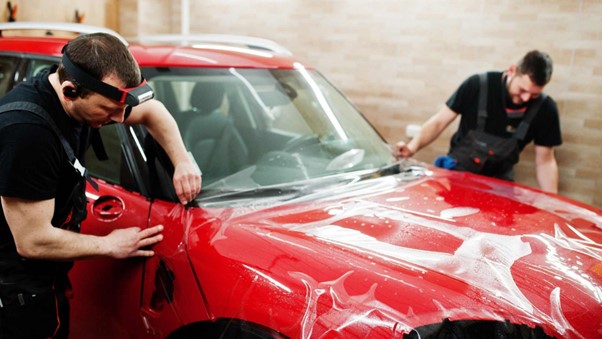
There are a lot of things that go into job-hunting, but one of the most important is having a career development plan in place. If you’re looking for a new job, it can be easy to get stuck in the same cycle: send out resumes and wait for phone calls or interviews. But if you want to do better than that — especially if your work history isn’t quite as stellar as it could be — then there are some specific steps you can take to really improve your prospects. Here are some ways to develop yourself professionally so that when opportunity knocks, you’ll be ready for anything!
-
Table of Contents
Your resume should be perfect
Resumes are a very important part of your career, but it’s also very easy to get them wrong. One way you can ensure your resume doesn’t get tossed aside is by tailoring it to the job description and making sure it includes all of the qualifications that the hiring manager wants to see.
You want your resume to be easy-to-read, so do not use fancy fonts or layouts—keep things simple! Use a template that has a consistent format and font (a professional one), limit yourself to one page if possible, and make sure that you list out all of your relevant skills and experience while taking into account keywords from the job description.
2. Be willing to try new things
It’s important not only to develop your existing skill set through formal education programs or classes but also through extracurricular activities that offer opportunities for practical application of your interests (for example: joining clubs related directly back to what it means professionally).
3. Networking is key
Networking is a critical part of any career. It can help you to meet people who can help you, to make connections that will lead to job opportunities and even personal relationships that could be beneficial later on in your life (such as business contacts or people who are interested in learning more about what you do).
Networking doesn’t have to be a formal affair; it’s just about building relationships with people who have similar interests as you. The easiest way to do this is by attending events where there will likely be other professionals in attendance. This way, you’ll have an opportunity not only to talk shop with other professionals but also get some insight into what they’re working on and how they go about their day-to-day activities — all while having fun!
4. Risk is an integral part of your career growth
In fact, it’s one of the most important steps in learning how to develop your career. You may not know what you can achieve until you try something new, and even if an idea doesn’t work out and doesn’t lead anywhere, that doesn’t mean it wasn’t worth trying in the first place.
5 Keep your skills sharp by taking classes
While it’s important to learn new skills, it’s also crucial to keep the skills you already have sharp. After all, if you don’t know how to use certain tools or programs in your industry, your employer will soon realize that you aren’t up-to-date on current best practices—and they may not be willing to give you a chance again. To upgrade your knowledge and skills, use RTO materials for your profile to help you always keep up with the demands.
6. Learn to accept criticism, but keep a positive attitude nevertheless
Accepting criticism is a skill. You don’t have to agree with all of it, but if you can take the time to listen and learn from it, then you’ll only become stronger as a result.
Sometimes, people offer criticism in an effort to help improve your work or your understanding of a situation; other times they’re just being mean and nasty. Either way, learning how to accept criticism is something that helps everyone progress in their career. It might not always feel nice to hear about ways you could improve yourself or others’ work (especially if those suggestions include changes that are hard for you), but these are learning opportunities that can make both parties better off when taken advantage of correctly!
7. Figure out what YOU want
This sounds simple, but it can be surprisingly difficult. The best thing to do is start with an honest assessment of where you are now. Look at your job description and see if it matches up with what would make you happy. If not, take some time to think about what would make your job more fulfilling—and then make sure your employer knows about those wants!
8. Keep your eye on the prize
You can’t just work hard without knowing where it’s all leading, so make sure you know what you want out of your career and then work toward that goal every single day.
We hope these tips help you to achieve your career goals and feel confident in moving forward with your career.







